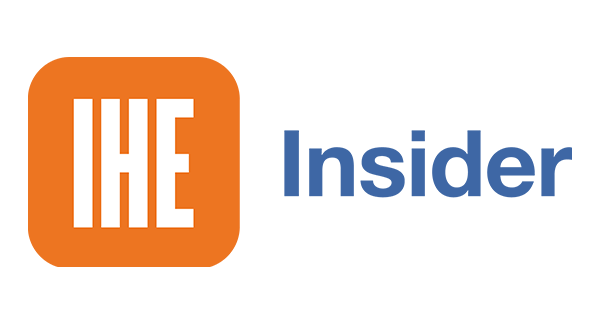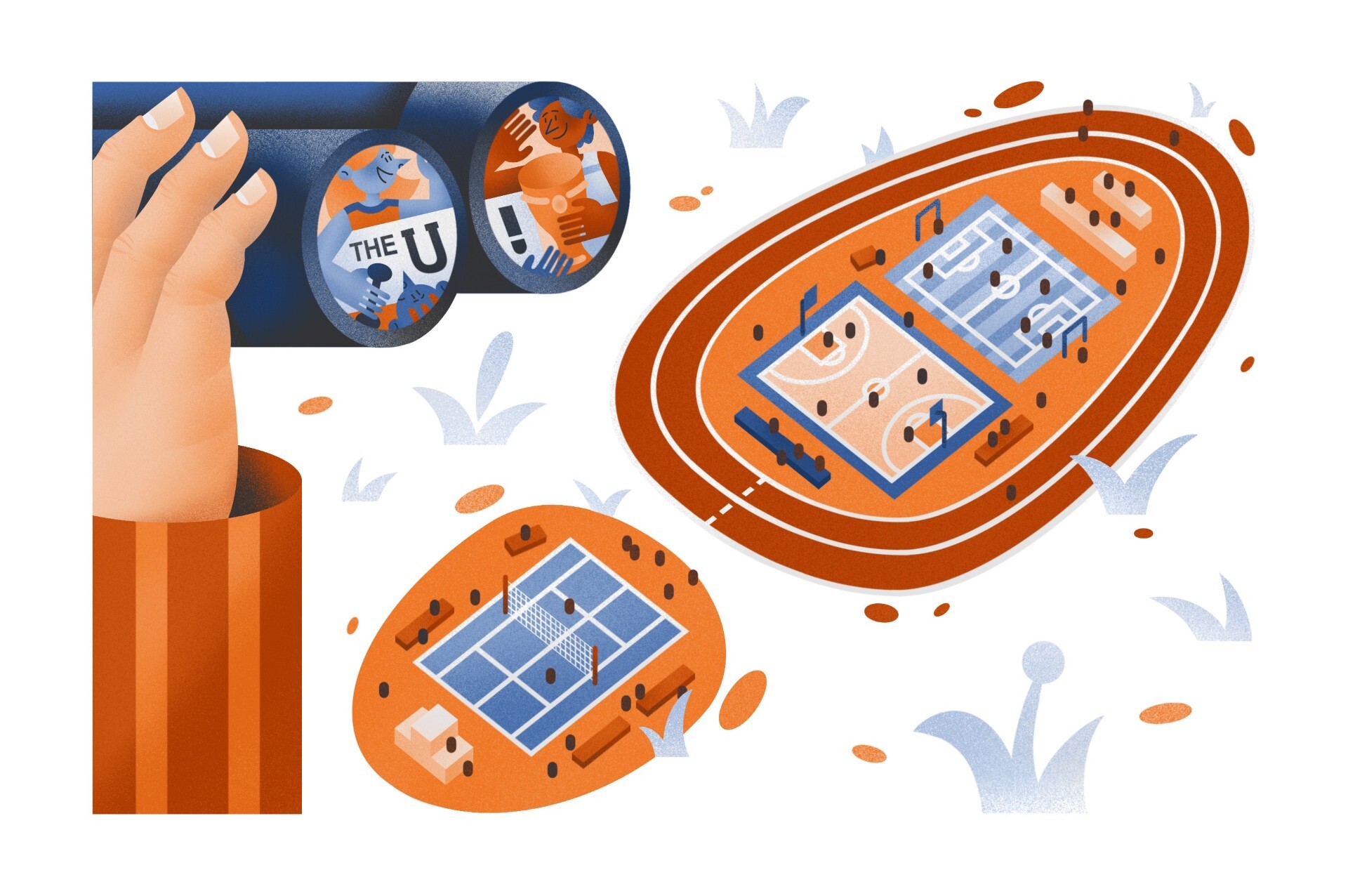From Rachel Toor
John McPhee’s first book, written at the start of his career at The New Yorker and published in 1965, is about a great college basketball player who had “overcome the disadvantage of wealth.”
Bill Bradley was astonishing physically, not least because he had unusually wide peripheral vision, which he increased with practice from a young age.
A Sense of Where You Are is, however, more than anything, a profile of leadership. Even when he wasn’t on the court, Bradley raised the level of his teammates' play. In the 22-year-old Princeton senior, people saw the statesman he would become.
McPhee writes, “I have asked all sorts of people who know Bradley, or know about him, what they think he will be doing when he is forty. A really startling number of them, including teachers, coaches, college boys, and even journalists, give the same answer: ’He will be the governor of Missouri.’ The chief dissent comes from people who look beyond the steppingstone of the Missouri State House and calmly tell you that Bradley is going to be President.“
I tried to get IHE reporters to follow in McPhee’s footsteps and accompany Caitlin Clark to an eye doctor to see if her peripheral vision is likewise verifiably extraordinary. No takers yet. But we know that sports is often a vehicle for great writing so really, people, step up.
March Madness can turn me, an infrequent spectator, into a fan in a matter of minutes. I’m able to set aside most of my critical judgments about sports, just as I can, as an animal lover, enjoy a cheeseburger. I cherish my hypocrisy.
At least in the moment.


